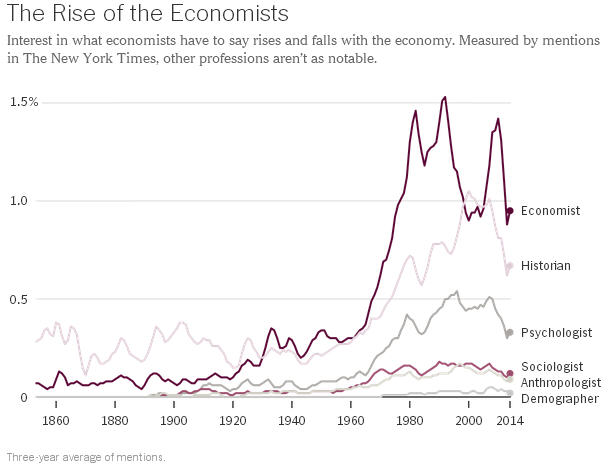The good news for Peak Oil believers is that they are going to be right eventually. Oil is a 'fossil' fuel and we aren't making any more giant dinosaurs. Even in the 1970s, when the peak oil date was floated, no one outside environmental doomsday prophets believed it, because it fell victim to the plight of most advocacy-based projections; it created a curve of demand but assumed technology and science, and therefore the supply, would be static. By creating a false metric they concluded all the oil that would ever be found had been found.
A few weeks ago, Jianguo "Jack" Liu, who holds the Rachel Carson Chair in Sustainability at Michigan State University, came up with a new Peak. He posited that we had already reached peak growth rates in over a dozen important foods back in 2006. We have to keep in mind what he is saying. Production has not gone down, rates of increase in production have slowed. It still means that if population continues to rise, our ability to feed the people on the curve going up after 2006 is already dwindling.

Credit: Shutterstock
That's not quite John Holdren and Paul Ehrlich doomsday stuff (2) - population bombs, food wars, Soylent Green...you know, the 1960s and '70s. But still a concern.
Except it's not correct.
There are a few assumptions their model made which are the same flaws as in peak oil: The population curve is predictable, 9 billion by 2050, but food technology is considered static. We will have diminishing returns on land, the belief goes, due to higher expense to grow in new places. The best farmland in America, Europe and Asia is already being used and we are as efficient in agriculture as we are ever going to be.
Yet that was the same belief in the 1960s and '70s, it is why there were fears about the Population Bomb and mass starvation and trying to eat Charlton Heston. Except science was not as static as environmentalists lamented. In the 1980s and since, science continued to be more creative than Holdren and Ehrlich believed possible and today we have more food grown with less pesticides - and therefore less environmental strain - than believed possible by the anti-Borlaug section of environmentalism, and we have created new ways to grow food in less robust climates, which will mean less shipping of food from other countries. We will soon even be able to modify local soils so anything can grow there and that will mean balanced diets that are all "locally grown". We are approaching a time when Africa will be able to feed itself.
The future of food is not bleak, as Liu suggests and mainstream media agrees, the future of food looks fantastic. Since the 1970s American farmers, who embrace science more than any in the world, have grown more food on less land in a way 1970s projections believed was only science-fiction. If Europe and the developing world embraced science the way American agriculture does, not only could we grow the same food we have right now, we could let farmland equivalent to the entire region of Amazonia go back to nature and not lose a single carrot.
We have not reached peak food production, we have simply reached the limits of the imagination of sustainability academics. Science, as always, doesn't get those environmental memos.
NOTES:
(1) People have even wondered if we have reached 'Peak Economist' since clearly no one listens to those people unless times are good and what they say has no impact:

Three-year average page mentions. Source: New York Times Chronicle Tool
(2) Other Liu concepts are that divorce is bad for the environment, we should per pressure kids into environmental awareness and that there is a predictable curve for where environmental action can work versus being bogged down by the masses.





Comments